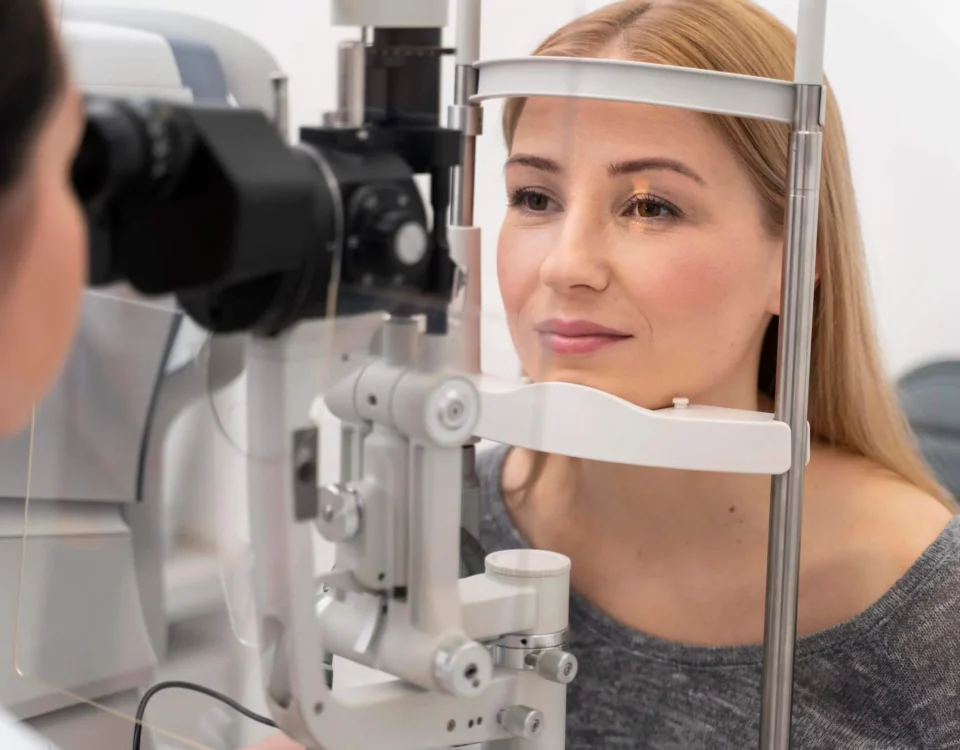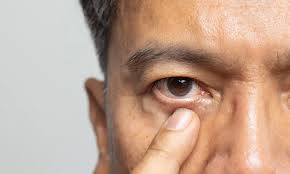
Preventing Rotator Cuff Tears Through Proper Technique
September 18, 2025
What You Need to Know Before Getting Dermal Fillers
September 19, 2025While many people are familiar with general eye care, fewer understand the specialized field of retinal medicine. A retina specialist plays a key role in diagnosing and managing complex eye conditions that can significantly impact your sight. Here is some information that will help you make informed decisions about your eye health and tips about when to seek specialized care.
What Is a Retina Specialist?
A retina specialist is an ophthalmologist with extra training in diseases of the retina, vitreous, and macula. The retina is needed for sight, turning light into signals for the brain. These specialists complete extensive education, including medical school, an ophthalmology residency, and a specialized vitreoretinal fellowship.
This rigorous training prepares them to diagnose and treat complex retinal conditions using advanced equipment and delicate surgical techniques. They often work with other eye care professionals to make sure patients receive thorough care for their retinal health.
What Conditions Are Treated by Retina Specialists?
Retina specialists diagnose and treat a wide range of conditions that affect the back of the eye. Some of the most common conditions include:
- Age-related Macular Degeneration (AMD): This condition affects the central part of your retina and is a leading cause of vision loss for adults over 50.
- Diabetic Retinopathy: If you have diabetes, this complication can lead to serious vision problems if not treated.
- Retinal Detachment: This happens when your retina separates from the underlying tissue.
- Retinal Vascular Diseases: Conditions like retinal vein occlusions and arterial blockages can cause sudden changes in your vision and require specialized treatment.
Maintaining regular eye checkups is key to the early detection and management of retinal conditions. Prompt treatment can often preserve vision and improve overall outcomes. If you experience any sudden changes in your vision, it is good to seek professional care immediately.
When Should I See a Specialist?
Your general eye care provider may refer you to a specialist if they detect signs of retinal disease or if you experience symptoms requiring specialized evaluation. Common reasons for referral include changes in vision, retinal abnormalities, or concerns about specific conditions affecting the retina. Early detection and treatment by a specialist can help preserve your vision and prevent long-term complications.
Certain symptoms require immediate medical attention, as they may indicate a retinal emergency. These include sudden flashing lights, a significant increase in floaters, a curtain-like shadow in your peripheral vision, or sudden vision loss. If you notice any of these signs, prompt treatment is needed to prevent severe vision loss.
For individuals with diabetes, regular retinal exams are for detecting diabetic retinopathy early, even if you haven’t noticed vision changes. Your healthcare provider may recommend periodic evaluations based on your specific medical history and risk factors. If you have a family history of retinal diseases or systemic conditions affecting the eyes, preventive monitoring by a retina specialist is often advised.
Take Care of Your Retinal Health
Understanding the role of a retina specialist helps you take an active role in protecting your vision. If you have risk factors like diabetes, high blood pressure, or a family history of eye diseases, discuss how often you should have retinal screenings with your healthcare provider. Managing conditions like diabetes and hypertension also supports overall eye health. Prompt attention to any vision changes, even minor ones, can significantly improve treatment outcomes.




